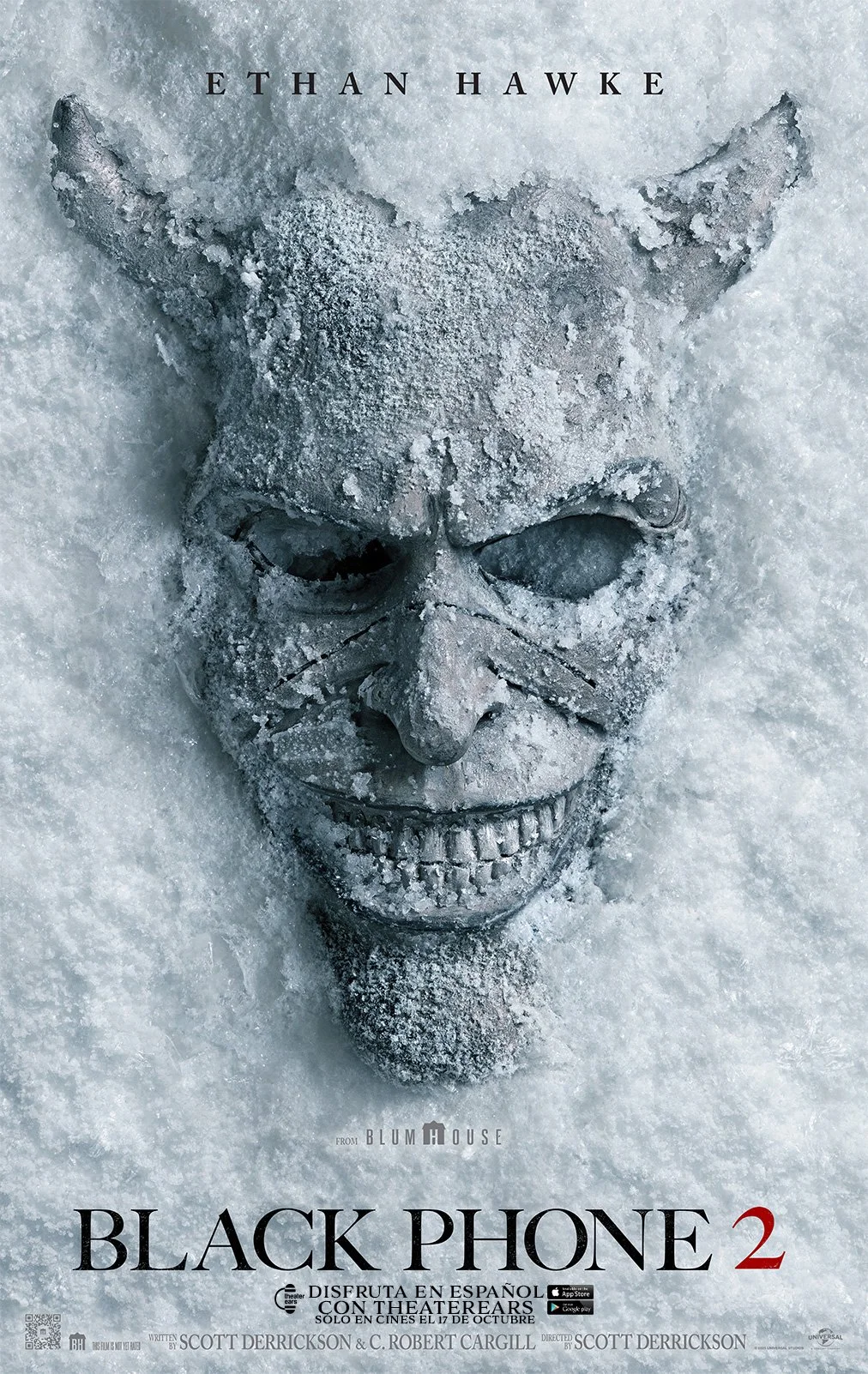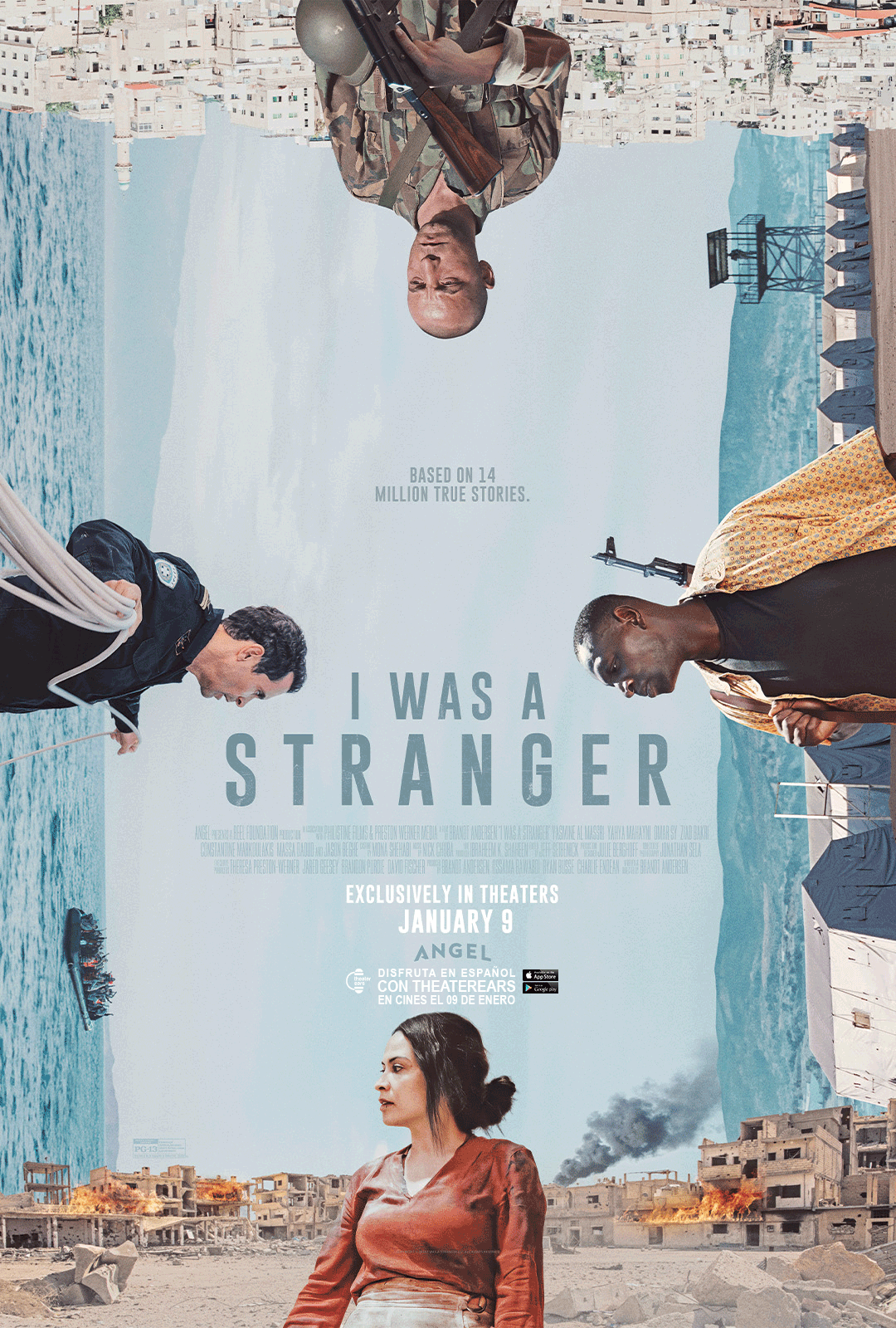Ethan Hawke on the Grip of the Mask: Why He’d Play the Grabber in The Black Phone 2 Forever
In an age where actors shy away from being pegged to one character, Ethan Hawke—normally associated with adventurous dramatic turns, from teen classics like Dead Poets Society to cerebral indie films like Before Sunrise—has embraced something different: the masked, sinister killer known as “The Grabber” in the horror franchise The Black Phone and its upcoming follow-up The Black Phone 2. The revelation that Hawke would like to play this character “forever” landed during his recent remarks at the October 2025 press junket, where the actor made it clear that the Grabber offers him something rare—a rich, recurring villain role that excites him in ways many lead roles no longer do. EW.com+2MovieWeb+2
Below we delve into the nuts and bolts of why Hawke is hooked, how the role evolved behind the scenes, and why this may signal a new chapter in his career—one where a “bad guy” becomes his long-term playground.
The Appeal of the Mask — And the Long Game
Hawke isn’t someone who signed on simply because the first film was a surprise hit. In prior interviews about The Black Phone he spoke of the role’s appeal: “I just found it oddly moving,” he said of the script, despite the darkness of a child-kidnapping story, pointing out that what undergirds the horror is sibling love and connection. Love Horror film reviews and news+1
But deeper still: he recognised that playing a recurring villain gives him something many actors crave but fewer indulge—the opportunity to build character across installments, to explore variations, expansions, transformations. The Grabber is not a one-and-done monster; he has been given the room to evolve. In a new interview, Hawke said:
“I would like to go to hell with the Grabber. That’s what I’d like to do. I’d like to get to know him. … My dream for the third one … to let it be a character piece about what made him, who he is now…” EW.com
His phrasing is telling: “go to hell with the Grabber” isn’t just theatrical bravado—it hints at willingness to stay inside the mythology, to stretch the role beyond a single film, beyond the fear moment, into the “what it means” territory.
How Hawke Approached the Character — Mask, Movement, and Mystery
Playing a masked serial killer might sound like a departure for Hawke, but in fact it allowed him to lean into a physical, visceral performance rather than subtler emotional nuance—something he has said he relishes. In interviews, Hawke discussed how the mask—the creepy, expressionless visage of the Grabber—becomes a kind of actor’s vehicle. He embraced the challenge of expressing intent, menace and presence without relying on his face, voice alone, or broad cues. YouTube+1
Director Scott Derrickson has emphasised the importance of the mask in building horror icons. The collaboration between Hawke and Derrickson allowed the actor to conceptualise the Grabber not just as a horror villain, but as a repeated character whose iconography can evolve. EW.com+1
Hawke described working with young actors (in The Black Phone the victims are children or teens) as a privilege, calling it “a hide-and-seek with the audience.” SlashFilm The mask and the dynamic thus give him both a safe distance and a potent identity: a hidden face, a voice, the terror of anonymity—and the capacity to revisit it.
Why the Sequel Matters — And Why Hawke Is Here for It
With The Black Phone 2, the franchise expands its scope. We know from trailers and early reviews that the Grabber returns—not simply as a human kidnapper, but increasingly as a supernatural, haunting presence. The Daily Beast+1 Hawke’s return as the Grabber was confirmed alongside leads Mason Thames and Madeleine McGraw. Wikipedia+1
For Hawke, that means the chance to play more of this character: to explore his after-life, his legend, his mythology. This is what appeals to him when he says he’d like to play the Grabber “forever.” The prospect of a trilogy, or even a horror-universe, gives him the long-term arc usually reserved for superheroes or franchise stars—but turned inside-out, as the villain. EW.com
In a way, Hawke’s enthusiasm suggests he’s found a rare kind of role: one with both the creative freedom of indie drama (which he’s done plenty of) and the durability of franchise structure. He gets to revisit, re-interpret, deepen. For an actor of his range and ambition, that’s not a falling-back; it’s a rediscovery.
The Behind-the-Scenes Commitment That Wins the Actor Over
It’s not mere lip-service: behind the scenes Hawke and the filmmakers committed to giving the Grabber presence, texture and evolution. The mask, the voice, the character’s visual language were built to last. Hawke has discussed how much of the performance was tied to design: the eyes, the voice modulation, the movements. Yahoo Movies+1
Further, Hawke’s long-term mindset shows up in how he approached the collaboration. He didn’t treat the Grabber as a one-off monster; rather, he treated the sequence of films as a sustained performance arc—a serialised character. That turns the horror film from “scary night out” to “character study in terror,” which evidently appeals to Hawke’s serious actor sensibility.
He’s also referenced the heart of the first film—the sibling relationship beneath the horror—as a key reason he joined, which signals his interest not only in fear, but in nuance and emotional stakes. Love Horror film reviews and news
What This Means for Hawke’s Career Trajectory
Traditionally, actors of Hawke’s standing (Academy-recognised, dramatic lead roles) might shy away from typecasting. But playing a recurring villain offers a different path: rather than being the hero, he becomes the mythic counterpart, the dark constant. This choice may signal a shift: Hawke embracing genre in a deeper, long-term way—much as stars like Michael Myers, Freddy Krueger, or Hannibal Lecter found life beyond one depiction.
Moreover, the fact that Hawke publicly expresses interest in continuing the role “forever” suggests he sees value in legacy, in iconography, in character longevity. It’s a savvy move: as prestige cinema meets franchise culture, the villain becomes central, and Hawke is positioning himself at that intersection.
The Fan and Franchise Impact
For horror fans, Hawke’s commitment is a boon. His willingness to anchor the franchise provides continuity and credibility. Many horror sequels suffer from diluted villain presence or recurring actors pulling out. Here, we have a marquee name saying “Yes—I want to keep doing this.” That translates into fan confidence: the Grabber won’t be a cameo; he’ll evolve.
And from a branding perspective, Hawke’s name brings gravitas to what might otherwise be dismissed as simple horror fare. For a franchise, that means broadening appeal—not just to horror devotees, but to serious-actor followers, festival circles and even awards watchers (yes, horror can be nominated). Hawke’s involvement raises the stakes.
Looking Ahead — What Could “Forever” Really Mean?
Hawke’s statement—“I’d like to go to hell with the Grabber”—isn't just colourful; it outlines a possible trajectory. Imagine:
A trilogy where the third film is a prequel or origin story of the Grabber (Hawke has floated this). EW.com
Spin-offs or crossovers where the Grabber appears in dreamscapes, alternate realities, maybe even TV expansions (common in horror universes).
A version of the role where Hawke plays various incarnations of the villain: human, ghost, myth. His desire to play “forever” suggests flexibility—not a static character.
That could recalibrate how genre actors think of longevity.
Final Take
Ethan Hawke accepting and embracing the Grabber role in The Black Phone 2—and beyond—is one of the more intriguing career moves of 2025. On one hand, it’s the embrace of genre and the villainous; on the other, it’s the claim of a long-term character in a way he rarely has before. For fans of Hawke, horror lovers, and franchise watchers alike, it’s a rich alignment: talent meets horror iconography; actor meets mythology; one role becomes an evolving portal.
If Hawke truly plays the Grabber “forever,” we’re not just getting recurring horror films—we’re watching an actor commit to one of the great horror figureheads of his generation. In a Hollywood landscape of fleeting roles and constant reinvention, Hawke’s decision stands out: he’s not changing the character; the character is changing him.
So when you see Hawke press down the phone receiver in The Black Phone 2, know this: he’s dialing into something he wants to keep answering.










